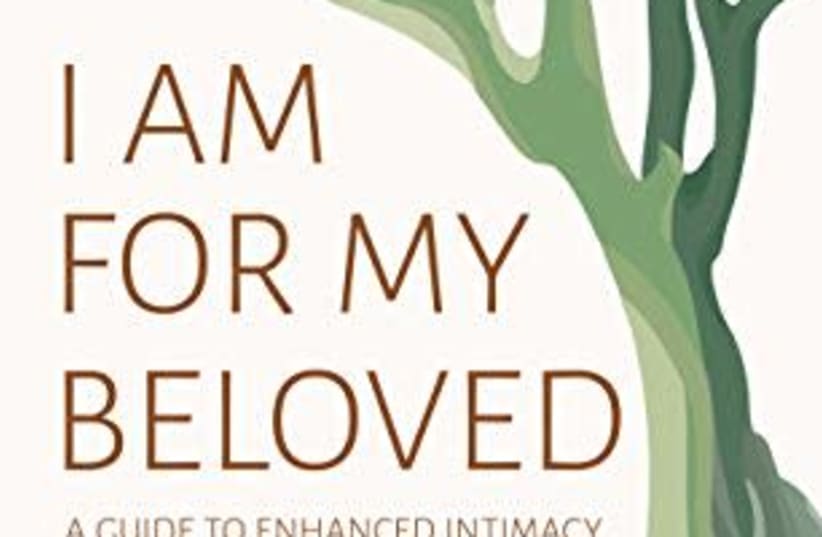The authors of I Am for My Beloved make a wonderful contribution to the literature on the meaning of the sexual relationship in marriage. They begin with a discussion of the meaning of intimacy and how it is understood within the marriage relationship. They also suggest ways to achieve intimacy in the context of a healthy sexual relationship.
Yet, even though the book is titled a “guide,” it is more than a how-to manual, providing discussion of the concepts underlying the suggestions offered for developing an intimate physical relationship with a spouse.For example, the authors address the meaning of sexual communication, as well as what is involved in touching intimately. This is followed by a clear description of the physiology and anatomy of female and male sexual functioning. The clarity of their presentation enables the reader to feel comfortable with the subject and better understand the differences between male and female sexual functioning.
Following the discussion of the human body, the authors present a number of approaches to enhancing the sexual relationship, in the hopes that couples will achieve a high degree of intimacy. In a very sensitive way, they discuss sexual accessories, sexual positions, sexual fantasies and oral lovemaking – topics that are generally not addressed in the religious sector, even in the context of marriage. By discussing these issues, they are legitimating an open discussion of aspects of intimacy between a husband and wife within the observant community.
In a later section of the book, they explore issues related to intimacy when partners experience sickness and ill health. Many people may feel too embarrassed to ask questions about their sex lives with their healthcare professionals. By raising these issues and exploring their implications, the authors let readers know that these concerns should be taken into consideration when they may incur health challenges.
In addition to the presentation and discussion of intimacy, the authors offer a number of personal vignettes – drawn from their professional practice and presented anonymously – that are very moving and illustrative of the challenges couples of all ages and life situations confront in their effort to build strong and meaningful intimate relationships.
Although the book was written for an observant Jewish population, it has implications for a wider audience and should not be limited to religious Jews. I would also recommend that it not be labeled as “self-help” literature, and that medical and mental health professionals read it so they can become more informed and better sources of information and guidance to patients seeking their counsel. This is a book worth reading by everyone who is interested in building a satisfying and meaningful intimate relationship in marriage.
The writer is a retired lecturer from the Hebrew University of Jerusalem’s School of Social Work’s MA program in non-profit management.
I AM FOR MY BELOVED
By David S. Ribner and Talli Y. Rosenbaum
Urim Publications
151 pages; $24.55
